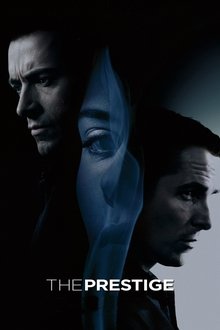Related Movies
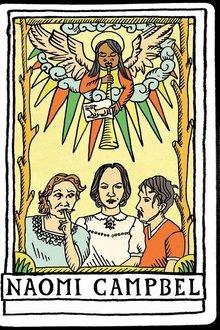
Naomi Campbel (2013)
Yermén is a transsexual woman in her mid-thirties that works as a tarot reader, and lives in the emblematic low-income neighbourhood of La Victoria. Looking for a sex reassignment, she decides to try for a plastic surgery TV show, where she will meet an enigmatic immigrant who wants to get an operation to look like Naomi Campbell.

Weekend (2007)
A country house. A weekend. A family. Time goes by. Silence prevails. "But listen to the breath of the unceasing message made of silence."
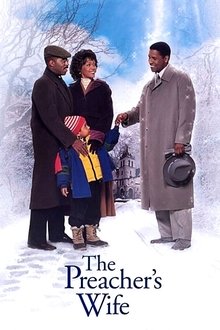
The Preacher's Wife (1996)
Good-natured Reverend Henry Biggs finds that his marriage to choir mistress Julia is flagging, due to his constant absence caring for the deprived neighborhood they live in. On top of all this, his church is coming under threat from property developer Joe Hamilton. In desperation, Biggs prays to God for help – which arrives in the form of an angel named Dudley.
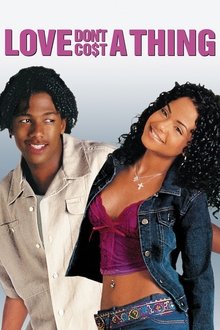
Love Don't Co$t a Thing (2003)
High school loser pays a cheerleader to pose as his girlfriend so he can be considered cool.
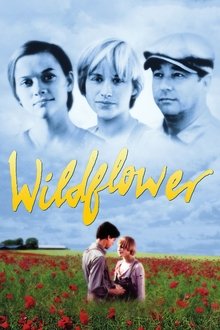
Wildflower (1991)
One day Sammy and his younger sister Ellie happen upon a cabin where Alice, a young, partially deaf girl with epilepsy is being kept by her abusive stepfather. The three soon become friends and hope to get Alice an education and help her escape from the torture she undergoes daily. However, Alice's stepfather soon finds out about the friendship Alice has struck up and punishes her brutally. This story of friendship and youth shows that everyone is human and deserves to be treated so, no matter their disability or weakness.

Aquaplaning (1987)
A somewhat impressionist, at times even slightly surreal miniature about a student (Werner Stocker in a splendid performance) who, out of financial difficulties, starts out as pool attendant at an open air swimming pool in Berlin's district of Neukölln. Escaping from his unpleasant landlord and his lover Patrizia (a very young Martina Gedeck), he soon starts to live at the baths, and as swimmers disappear and the baths are closed for the winter, he turns the grounds into his own, perfect refuge from civilisation and social pressure, becoming increasingly detached from reality. What may sound like an annoyingly gimmicky premise is executed here playfully, yet with admirable simplicity and a subtle, unpretentious poetic sensibility that one would wish for more often in contemporary German cinema.

The Blue Island (2001)
France, 1940. German troops have just invaded the country, but in the rural idyll of the family chateau inhabited by 20-year-old Mellie with her impoverished aristocrat father Alexandre and adolescent cousin Robinson, the war still seems far away, apart from the fact that Mellie's rich and unpopular fiancé André has been drafted into the army. For Robinson and his friends the same age, including the temperamental Bertrand, the war is merely a game they play in the remoteness of the blue island in the lake.
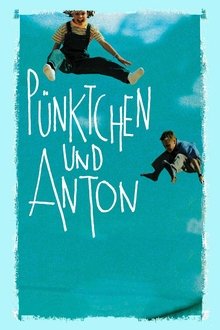
Annaluise & Anton (1999)
Luise, called Pünktchen, and Anton are closest of friends. Being the daughter of a wealthy surgeon, young Pünktchen lives in a great house. Her mother, who always travels through the world more for public relation reasons than for the social tasks she pretends to fulfill, is never available to her as a mother. Anton, son of a single and sick mother in financial trouble, does his best to help her out of it by working late. Pünktchen decides to help her only friend (as nobody else would anyway) and starts singing in public places. Trouble arises when Anton can't resist stealing a golden lighter and Pünktchen's secret life is discovered by her parents. Two troubled families finally can see the need for actions to be taken.

Moulin Rouge! (2001)
A celebration of love and creative inspiration takes place in the infamous, gaudy and glamorous Parisian nightclub, at the cusp of the 20th century. A young poet, who is plunged into the heady world of Moulin Rouge, begins a passionate affair with the club's most notorious and beautiful star.

Saving Private Ryan (1998)
As U.S. troops storm the beaches of Normandy, three brothers lie dead on the battlefield, with a fourth trapped behind enemy lines. Ranger captain John Miller and seven men are tasked with penetrating German-held territory and bringing the boy home.
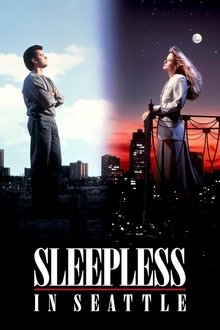
Sleepless in Seattle (1993)
After the death of his mother, a young boy calls a radio station in an attempt to set his father up on a date. Talking about his father’s loneliness soon leads to a meeting with a young female journalist, who has flown to Seattle to write a story about the boy and his father.

Ziva Postec: The Editor Behind the Film Shoah (2018)
This film tells the life story of Ziva Postec, emphasizing the period when she was editing Shoah from 350 hours of footage.
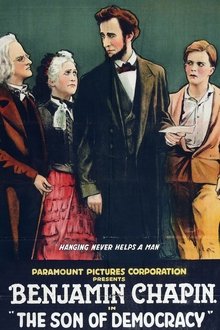
The Lincoln Cycle (1917)
This remarkable series of 10 short silent dramas by John M. Stahl, produced by Benjamin Chapin as a vehicle for his performance as Abraham Lincoln, are structured entirely around memory and recollections of the past.
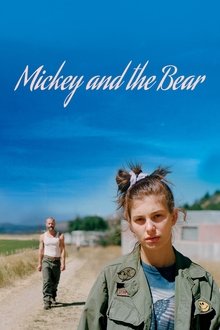
Mickey and the Bear (2019)
In Anaconda, Montana, a strong-willed teenage girl navigates a loving but volatile relationship with her veteran father. In a desperate search for independence and her own identity, she risks family, heartbreak, and her standing in the only place she can call home.
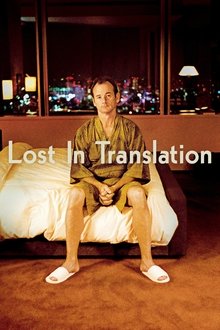
Lost in Translation (2003)
Two lost souls visiting Tokyo -- the young, neglected wife of a photographer and a washed-up movie star shooting a TV commercial -- find an odd solace and pensive freedom to be real in each other's company, away from their lives in America.
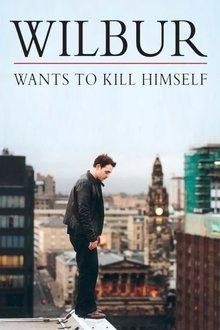
Wilbur Wants to Kill Himself (2002)
The strange comedy film of two close brothers; one, Wilbur, who wants to kill himself, and the other, Harbour, who tries to prevent this. When their father dies leaving them his bookstore they meet a woman who makes their lives a bit better yet with a bit more trouble as well.

A Short History of the Highrise (2013)
“A Short History of the Highrise” is an interactive documentary that explores the 2,500-year global history of vertical living and issues of social equality in an increasingly urbanized world. The centerpiece of the project is four short films. The first three (“Mud,” “Concrete” and “Glass”) draw on The New York Times's extraordinary visual archives, a repository of millions of photographs that have largely been unseen in decades. Each film is intended to evoke a chapter in a storybook, with rhyming narration and photographs brought to life with intricate animation. The fourth chapter (“Home”) comprises images submitted by the public. The interactive experience incorporates the films and, like a visual accordion, allows viewers to dig deeper into the project’s themes with additional archival materials, text and microgames.
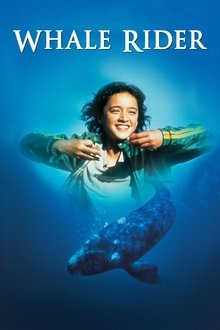
Whale Rider (2003)
On the east coast of New Zealand, the Whangara people believe their presence there dates back a thousand years or more to a single ancestor, Paikea, who escaped death when his canoe capsized by riding to shore on the back of a whale. From then on, Whangara chiefs, always the first-born, always male, have been considered Paikea's direct descendants. Pai, an 11-year-old girl in a patriarchal New Zealand tribe, believes she is destined to be the new chief. But her grandfather Koro is bound by tradition to pick a male leader. Pai loves Koro more than anyone in the world, but she must fight him and a thousand years of tradition to fulfill her destiny.

